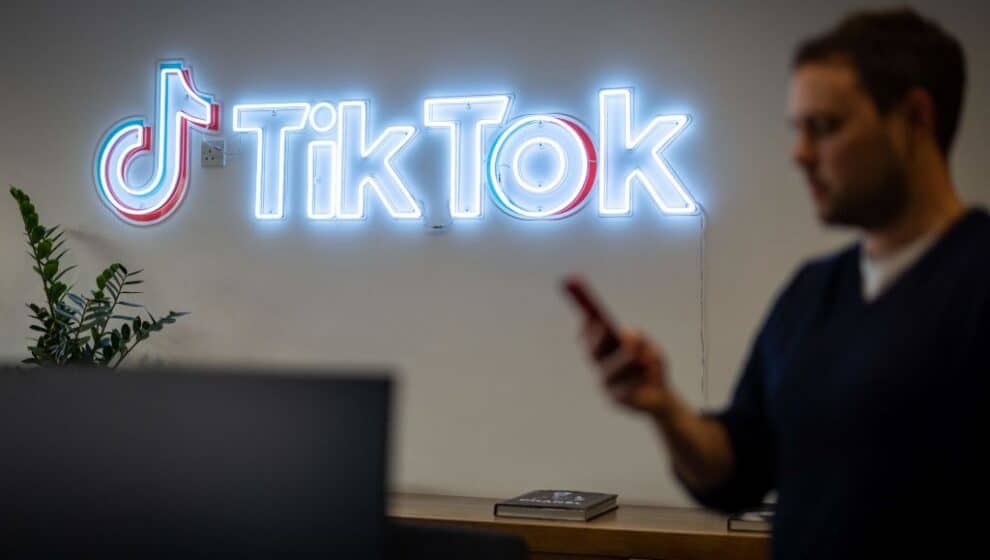Security concerns surrounding TikTok have increased discussion about banning the app in the U.S.—something the country has never done before.
Key Details
- The Chinese-owned social media app has been under scrutiny as more security concerns come to light.
- While there are no reports that the U.S. has ever before banned an app, other countries have taken this step—India banned TikTok along with WeChat and several others in 2020 citing security concerns.
- Countries blocking social-media sites altogether is also nothing new. China and Iran have blocked both Facebook and Twitter in their countries since 2009.
- However, in the U.S. officials must consider whether or not the government—and what particular entity—has the authority to block the social-media app.
- Even if the government does not block the app, companies like Apple and Google have banned apps in the past.
Why it’s news
Recent revelations about TikTok’s lack of security and its inability to prevent fraud within the company have heightened worries that the app could be a weak point in national security.
Government officials have issued warnings about the app with the FBI warning about its close Chinese government ties and the Federal Communications Commission (FCC) calling for its outright ban. A Forbes report earlier this year revealed that hundreds of TikTok and ByteDance employees have connections to Chinese state media—some former and some current.
An actual ban of the app in the U.S. could be much easier said than done. Several U.S. companies and U.S. government employees have already asked staff not to download the app on official devices. Just this week South Dakota banned its government employees from downloading—citing security concerns.
In China, “The Great Chinese Firewall” prevents internet traffic on banned platforms, but U.S. free speech laws would make a similar method impossible.
If the app were to be made unavailable in app stores, users would simply be unable to download the app. Users who already had the downloaded app would be able to continue using it, though they would be unable to access any future updates to the app.
Banning a social media app has never been done before in the U.S. and there is some question as to whether or not the government has authority to do so. While the government cannot limit free speech, the arguments for banning the app center around national security—not speech.
In 2020, then-President Donald Trump announced plans to ban TikTok. Government lawyers found then that the restrictions former President Trump suggested were within his authority as an extension of his ability to act on threats to national security.
The president did walk back the ban, however, so the courts never had the opportunity to decide if the ban had standing.
Though there is no precedent for the U.S. government banning a social media app, U.S. companies have banned certain apps in recent years. In early 2021, both Google and Apple removed the social media app Parler from their app stores.
Recently, in the wake of upheaval following Ellon Musk’s purchase of Twitter, rumors have swirled that Apple is considering banning Twitter from its app store.
Backing up a bit
Censorship and banning of apps isn’t unheard of around the rest of the world, even if the practice is unprecedented in the U.S. India was once one of ByteDance’s largest markets, making up 30% of downloads in 2020.
In June 2020, however, the Indian government cracked down on nearly 58 mobile apps, most notably TikTok and WeChat. The move came shortly after tension between Indian and Chinese troops along the Himalayan border, though Indian government officials said the ban was related to national security rather than a retaliation.
Russia also banned TikTok shortly after its invasion of Ukraine, though the ban hasn’t been completely successful.
China itself has infamously banned most social media sites within the country, allowing only a special Chinese social media within the country. Facebook and Twitter have been banned in the country since 2009.
In China, TikTok is known as Douyin. Though it offers the same video sharing social media experience, some claim that the Chinese version of the app is a more educational experience than what the rest of the world receives.
